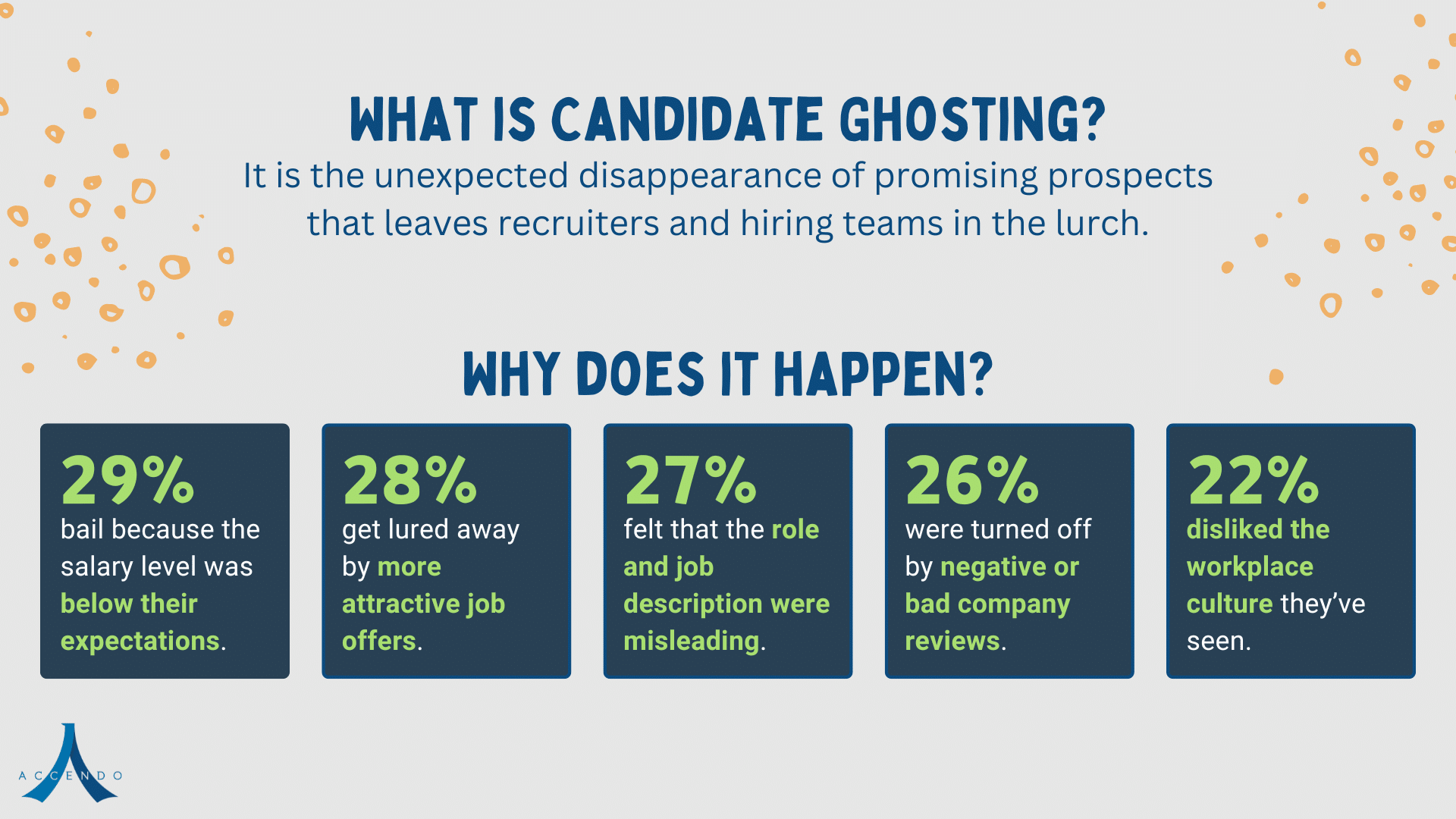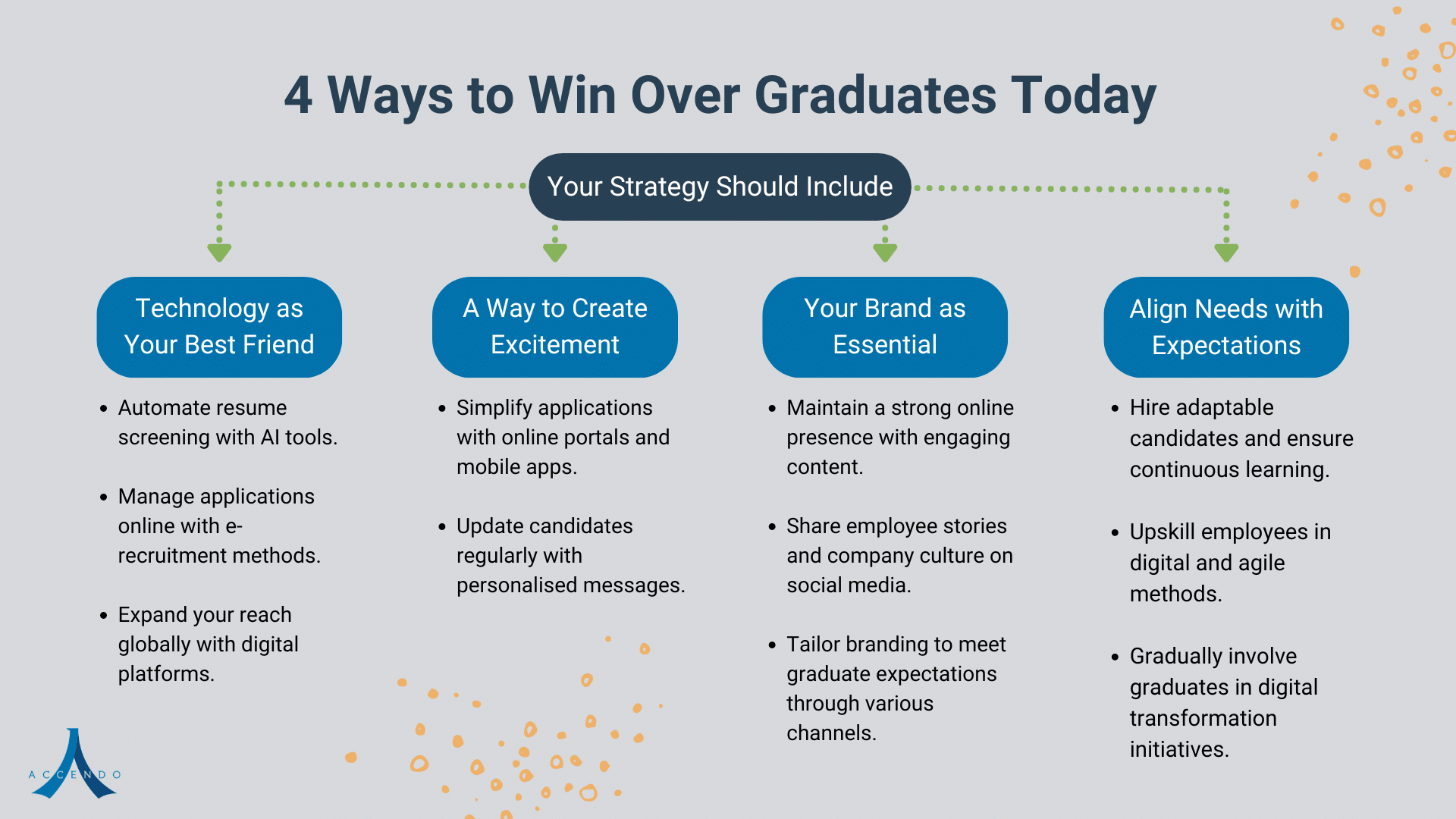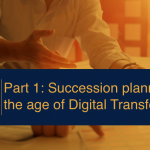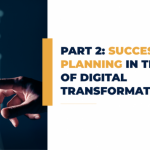Graduates stepping into the job market today are a whole new breed. They’re tech-savvy, environmentally conscious, value work-life balance and remote work opportunities, and prefer roles that emphasise skills and ongoing learning over traditional experience. This shift in expectations poses a significant challenge for companies still stuck in old-school recruitment ways. Our article explores the challenges that companies face in recruiting graduates today and what they can do to overcome these challenges.
Key Takeaway
To attract top, future-ready graduate talent, companies need to switch gears on their old-school hiring tactics. Keeping things fresh and aligning with what they value most is key to attracting them and making sure they stick around.
The Challenges of Recruiting Today’s Graduates
Hiring graduates today is tougher than ever, with companies scrambling to find tech-savvy talent in a job market that’s constantly evolving. Graduates want quick, transparent, and clear communication during the hiring process. Unfortunately, many companies are stuck in old hiring habits that don’t meet these expectations.
Here’s a closer look at why companies struggle to attract top, future-ready talent.
Outdated Systems Have Fallen Out of Favour
Imagine candidates applying for a job and having to go through the following:
- Filling out endless forms or navigating through complicated application steps
- Deciphering vague or complicated job descriptions, confused about what the role entails.
- Applying for a job and receiving radio silence, unsure where they stand in the process. When candidates don’t hear back from you, you’re ghosting them. If candidates feel ignored during the recruitment process, they’re likely to ghost you if a better offer comes along.

Meeting the Modern Graduate’s Expectations
Graduates today have high expectations when it comes to the workplace. They’re looking for companies that pay well, align with their value, and offer a supportive environment.
- Graduates seek environments where various voices are heard and respected. This can be challenging for companies that have homogenous leadership. This is when the people in charge all share similar backgrounds, experiences, and views. Here’s what that looks like:
Leaders have similar demographics, such as the same race, gender, or age. They might have attended the same schools or programs. They often have similar career paths or industry experiences and tend to think alike and solve problems in similar ways.
- Graduates prefer companies committed to impactful sustainability practices. This is challenging for companies that prioritise profits and operational efficiency over environmental impact.
- Graduates value flexibility in when, where, and how work gets done, as well as a work culture that prioritises mental health and personal time. This can be a difficult shift for companies entrenched in the hustle culture.
Aligning Graduate Priorities with Those of the Company
A key finding from research by SHL revealed that Gen Z values meaningful work aligned with their ethics, fair practices, a supportive culture, valued input, and growth opportunities. These factors highlight the need for a well-designed approach to represent your company’s value proposition accurately.
At the same time, research by Gallup highlights the importance of diversity and inclusion in your recruitment processes.
- Developing a culture that supports and values diversity is a substantial challenge requires a change in organisational behaviour, training, and mindset.
- Flexible working conditions involve embracing a new philosophy about work, reassessing productivity measures, and redefining team interactions. This can be difficult for companies that are traditionally structured.
Business Requirements for Digital and Agile Interaction
When it comes to business requirements, if your company is already agile and digital, hiring graduates who are lacking in these skills can be tricky.
- If graduates lack the digital and agile skills you need, you’ll have to invest in training and development to get them up to speed.
- Fast-paced environments can be overwhelming for new graduates. They might struggle to keep up initially, which could impact their productivity.
- Graduates can come in with traditional approaches that clash with your agile practices. Bridging this gap requires careful management and coaching.
If your company is still transitioning to digital and agile methods, you’ll face a different set of challenges with tech-savvy graduates:
- Your company might be lacking the digital and agile expertise that graduates bring to the table, which could lead to a misalignment of expectations between you and the graduates.
- Graduates might become frustrated with slow, traditional processes, leading to disengagement and underperformance.
- Without innovative tools and processes, graduates might not perform to their full potential, affecting overall productivity.
How to Win Over Graduates Today with Your Recruitment Strategy
Now that you’re aware of the challenges, let’s dive into the steps to create a memorable candidate experience.

Technology is Your Best Friend
Let’s break down how you can harness technology to transform your recruitment and onboarding process.
- Goodbye manual resume screening, hello automation. AI can help to screen large volumes of resumes
,and speed up candidate selection.
Gartner’s research underscores the importance of integrating applicant tracking systems (ATS) and automated processes to streamline recruitment. This makes the process smoother and more engaging for candidates, ditching the old-school methods that don’t cut it anymore.
- Adopt digital recruitment methods to take the hassle out of hiring. From posting jobs to managing applications, everything can be streamlined and speed up via digital channels.
- Digital platforms serve a purpose in enabling you to tap into a wider talent pool, ensuring you get the best of the best from around the world. Or even in your own backyard.
Overwhelmed by large volumes of candidate applications? Our Simplify Form helps companies efficiently screen and filter candidates or manage high volumes of applicants. Let’s start a conversation!
Create Excitement for Your Candidates
You want candidates to feel excited about the possibility of working with you, and interested in the company they could grow with. Build a positive candidate experience by:
- Making applying a breeze with online portals and mobile apps. The easier it is for candidates to apply, the more candidates you’ll attract.
- Engage candidates regularly with personalised messages. Be transparent about the process and provide feedback. Doing this shows that you value their time and effort.
Companies like Deloitte are all about making the recruitment experience transparent and appealing to graduates using tools like virtual reality (VR) for job interviews, gamified assessments, and personalised feedback.
Your Brand is No Longer Optional, But Essential
In today’s competitive job market, having a strong employer brand is essential. It’s not just about attracting talent; it’s also about making them want to stay. And how do you do this?
- Showcasing your company culture using social media, company blogs, and testimonials gives candidates a glimpse of your culture and helps them envision themselves as part of your team.
- Providing clear paths for career growth, continuous learning, and professional development shows employees that you’re interested in their long-term success.
- Implementing policies to support work-life balance, flexible working hours, remote work options, and wellness programs demonstrates that you value your employees’ wellbeing.
Aligning Your Business Needs with Modern Graduate Expectations
To make sure your company is irresistible to fresh talent, you need to align with what modern graduates are looking for. Here are some strategies for different types of companies:
If your company is agile and digital and your new graduates aren’t, you could:
- Offer onboarding programs and continuous training to help them become more agile and proficient with digital tools and processes. Invest in their growth to bridge any skill gaps and ensure they can keep up with the company’s pace.
- Pair new hires with experienced mentors who can guide them through the transition to an agile and digital work environment. This support system can accelerate their learning and adaptation process.
- Encourage experimentation, innovation, and learning from failures. Graduates can thrive in a culture that values agility and digital skills, even if they’re still developing these abilities.
However, if your company has yet to fully embrace being agile and digital, but are keen to hire tech-savvy graduates, you might want to:
- Integrate digital tools and agile methodologies into your business processes. This shows that you’re committed to evolving and staying relevant, while valuing their modern skill sets and perspectives.
- Highlight the role graduates play in driving the company’s digital transformation. Make it clear that their agile and digital skills are critical to your company’s future success and that they can make a significant impact.
- Implement flexible working arrangements and different modes of working that appeal to digitally savvy graduates and attract those who prioritise flexibility and digital connectivity.
What Does This Mean for You?
It’s clear that today’s graduates are looking for a positive experience, an inclusive work culture, meaningful roles, and fair pay, while employers are seeking key soft skills like adaptability. Striking the right balance is essential for a successful relationship. As the demand for skilled graduates rises, ensuring a steady investment in their development will help you secure the talent you need both now and in the future.
Page Contents






